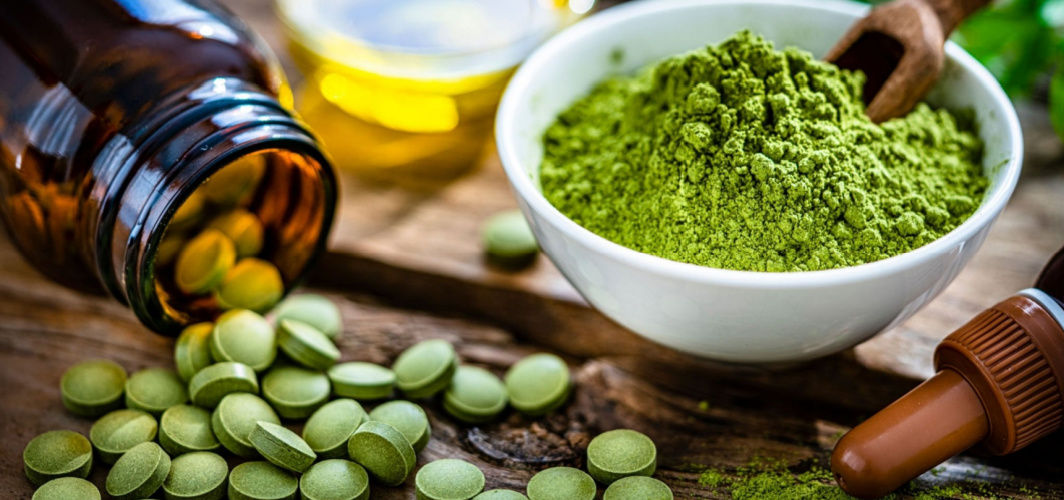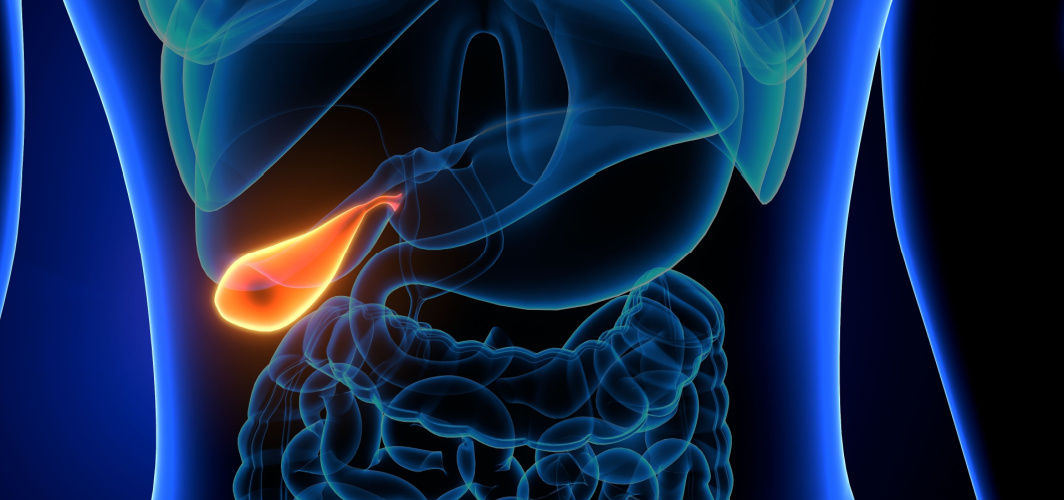Digestive Health
Constipation Treatment: Best Herbal Supplements That Can Bring Relief
3 min read
By Apollo 24|7, Published on - 01 December 2022, Updated on - 13 December 2022
Share this article
0
13 likes

Constipation is a common problem among people, especially young adults. It tends to worsen in those with an unhealthy lifestyle, which includes increased stress levels, over-eating, smoking, consumption of junk food and alcohol, and lack of physical activity. Often followed by gas and abdominal pain, constipation may meddle with your daily activities. While there are several medications like laxatives that can soften stool and relieve acute constipation, here are 5 herbal supplements that can promote healthy digestion and reduce the risk of constipation.
1. Herbal pills
Herbal pills enriched with ingredients like
- Saunf (fennel seeds): Adds volume to the stool, thus easing bowel movements.
- Sanay (Senna): Contains sennosides, which irritate the lining of the bowel, causing a laxative effect.
- Haritaki: Acts as a natural laxative and contains dietary fibres.
- Ajwain (Carom seeds): Softens the stool and aids its easy movement.
These herbs among other things are formulated to relieve issues like indigestion, bloating, and constipation.
2. Herbal tea
These teas are made using a combination of herbs along with regular tea leaves. The most common herbal teas that relieve constipation are:
- Ginger tea: Rich in antioxidants, it helps to boost bowel movement.
- Peppermint tea: As it contains menthol, peppermint reduces digestive issues.
- Chamomile tea: It accelerates bowel movement, thus relieving constipation.
3. Herbal probiotics
Probiotics strengthen the gut lining and prevent the overgrowth of harmful bacteria in the gut. Probiotics are also known to relieve constipation by balancing the levels of good and bad bacteria and improving stool frequency, and consistency. A study conducted in 2015 found that a traditional Japanese herbal blend called Juzen-taiho-to (containing cinnamon, ginseng, and liquorice) contains bacteria that improve gut health. Commonly available probiotic food sources include yoghurt, kefir, pickles, and kimchi.
4. Magnesium-rich herbs
Magnesium citrate, when taken as supplements, helps relieve constipation as it has a laxative effect. Magnesium helps in pulling water to the intestines, which combines with hard stool and makes bowel movement easier. Magnesium-rich herbs include fenugreek, ginger, mustard seeds, nutmeg, thyme and many others.
5. Herbs with high fibre
Fibre is a complex carbohydrate that cannot be digested by the human body, which makes it one of the most effective remedies for constipation. Fibre herbs and supplements help in improving stool consistency and thus relieve constipation. Psyllium is one of the most common fibre supplements, which increases the water content of stool and also bowel movement frequency. Some of the herbs with high fibre content include parsley, cilantro, basil, thyme, and rosemary.
In most cases, you can ease constipation by making necessary lifestyle changes and adding herbal supplements to your diet. However, sometimes constipation can also be a sign of an underlying health issue. If your constipation doesn’t improve with dietary changes, talk to a doctor.
Consult An Apollo Gastroenterologist
Medically reviewed by Dr Sonia Bhatt.
Digestive Health
Leave Comment
Recommended for you

Digestive Health
Differences: Irritable Bowel Syndrome and Inflammatory Bowel Disease
IBS and IBD are two chronic conditions that affect the gastrointestinal tract or the digestive tract that runs from the mouth to the anus.

Digestive Health
Gallbladder Stones: Know The Symptoms, Causes And Treatment
Gallstones are small stones that develop in the gallbladder. These come in varying sizes. Treatment is necessary as they can block ducts, cause severe pain or lead to other severe symptoms.

Digestive Health
Gastritis: What It Is and How It Is Treated
Gastritis is a common condition that is known to affect around half of the global population. It becomes more common as people get older.
Subscribe
Sign up for our free Health Library Daily Newsletter
Get doctor-approved health tips, news, and more.
Visual Stories

Hidden Health Benefits in a Bowl of Salad
Tap to continue exploring
Recommended for you

Digestive Health
Differences: Irritable Bowel Syndrome and Inflammatory Bowel Disease
IBS and IBD are two chronic conditions that affect the gastrointestinal tract or the digestive tract that runs from the mouth to the anus.

Digestive Health
Gallbladder Stones: Know The Symptoms, Causes And Treatment
Gallstones are small stones that develop in the gallbladder. These come in varying sizes. Treatment is necessary as they can block ducts, cause severe pain or lead to other severe symptoms.

Digestive Health
Gastritis: What It Is and How It Is Treated
Gastritis is a common condition that is known to affect around half of the global population. It becomes more common as people get older.